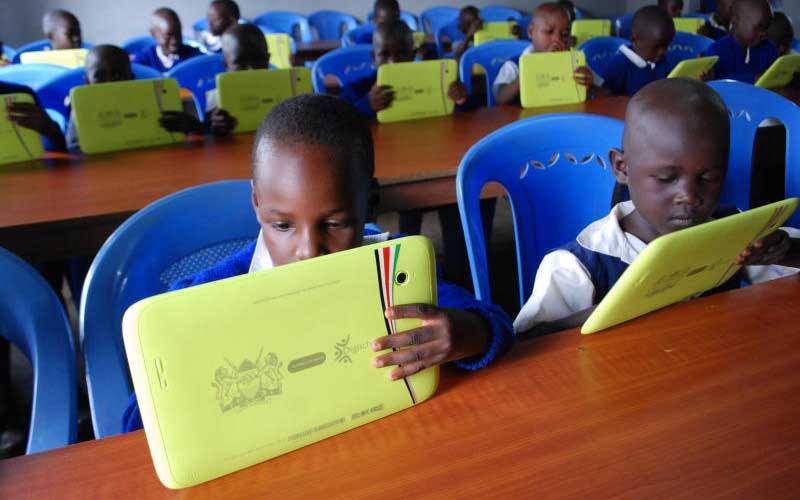Underutilized Tablets In Kenyan Schools Underscore The Importance Of Teacher Training

Challenges in Tablet Utilization
Despite a substantial investment of KSh30 billion by the Kenyan government to distribute 1.2 million tablets to 21,637 public primary schools nationwide, the envisioned digital learning revolution has encountered a significant setback. Many of these tablets, originally intended to enhance online education, remain unused and stored away in school cabinets. This underutilization stems largely from inadequate teacher training in computer literacy, highlighting a critical gap in the implementation of digital education initiatives.
Current Status and Training Needs
Maxwell Kayesi, an ICT teacher at Karuri High School, emphasizes the necessity of preliminary training for teachers before introducing new technology into classrooms. He stresses the importance of equipping teachers with the skills needed to effectively utilize the tablets in teaching. “Start by training the teachers first as the gadgets come in. They will know how to use them so that they will be able to teach,” Kayesi asserts.
Initiatives and Challenges in Training
James Mwangi, involved with a charity organization providing computer training to schools, discusses ongoing efforts to address these challenges. His team has conducted training sessions in over 40 schools across various regions, impacting more than 40,000 learners through established e-learning centers. Despite these efforts, many schools still lack adequate ICT infrastructure, as noted by James Waithaka, the head teacher of Kigumo Mbendera High School.
Significance of Teacher Training
The key challenge lies not merely in the deployment of technology but in ensuring that teachers are proficient in its use for effective educational outcomes. Waithaka underscores the importance of integrating technology into schools to motivate learners and enhance teaching effectiveness. “When you have an e-learning center, learners are motivated and the teachers will effectively deliver and impart more knowledge very fast,” Waithaka explains.
Success Stories and Lessons Learned
Successful case studies highlight the positive impact of comprehensive teacher training and infrastructure development. Schools with well-implemented e-learning centers, often supported by charitable initiatives, demonstrate improved student engagement and learning outcomes. These successes serve as a testament to the potential of technology and adequate teacher training in transforming education.
Recommendations for Future Implementation
To ensure the success of digital learning initiatives, several recommendations are proposed:
- Comprehensive Teacher Training Programs: Implement nationwide training programs to familiarize teachers with digital tools continuously.
- Infrastructure Development: Build and maintain ICT infrastructure, including e-learning centers, and ensure reliable internet connectivity.
- Ongoing Support and Mentorship: Establish support systems for trained teachers to mentor peers and provide ongoing assistance.
- Monitoring and Evaluation: Conduct regular evaluations within schools to identify challenges and areas for improvement in digital tool usage. Use feedback to enhance training programs and technology deployments.
These steps are crucial for creating a sustainable digital learning environment that maximizes the benefits of technology in education across Kenya’s public schools.
